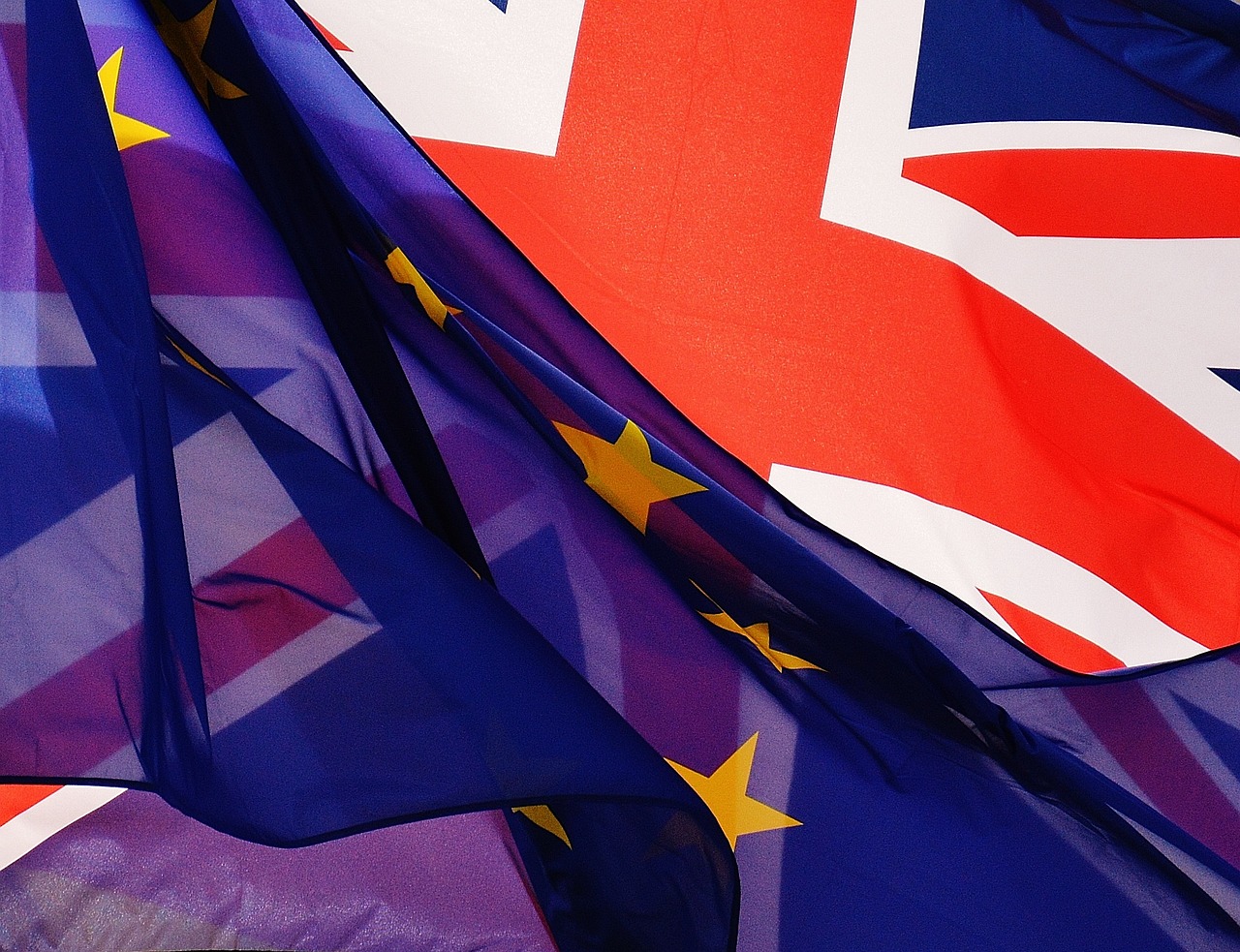BNY Mellon: Brexit Vote Special
BNY Mellon: Brexit Vote Special

By Simon Derrick, Chief Currency Strategist, BNY Mellon
- If the withdrawal deal is not passed today then the UK government must "indicate a way forward" to the EU by April 12
- Uncertainty as to whether the deal will pass when it comes to vote later today
- GBP decline seen over past two days as one measure of significance of events today
It's another significant day in the Brexit process. Here's why.
The vote today
If the withdrawal deal is not passed this week then the UK government must "indicate a way forward" to the EU by April 12.
A vote will be held today in the UK parliament (at 1430 GMT) on the 585-page Brexit withdrawal treaty, and not the accompanying 26-page political declaration that sets out the future of UK-EU relations.
In the last meaningful vote on the withdrawal deal the UK government was defeated by 391 to 242 votes. It would therefore need 75 MPs to change their votes in favour of the deal for it to pass.
The Speaker of the UK's House of Commons has said this morning that he has not selected any amendments to the motion.
The numbers
PM Theresa May met with the 1922 committee of backbench Conservative MPs on Wednesday. At the meeting she promised to stand down as party leader before the next stage of the Brexit negotiations (i.e. by May 22, 2019) if the negotiated withdrawal deal with the EU were passed by Parliament. It is estimated that around 30 Conservative MPs have said they will change their vote following this.
A Sky News reporter (@tamcohen) tweeted this morning: “Hard brexiteers who are now backing the deal reckon those Tories who are holding out are now in the “mid-teens” (plus 6 Remainers)”
Sammy Wilson, the Brexit spokesman for Northern Ireland’s Democratic Unionist Party (which supports the government in confidence motions) has appeared on Talk Radio this morning to state that his party will definitely not be voting in support of the deal.
A spokesperson for Labour leader Jeremy Corbyn has said: “Jeremy made clear Labour will not agree a blindfold Brexit to force through Theresa May’s damaging deal, which would leave the next Tory party leader free to rip up essential rights and protections and undermine jobs and living standards.”
Informed opinion
The BBC’s Political editor has written: “As things stand, even though some influential Brexiteers believe there is a chance it will get through, it looks like the prime minister is heading for another loss.”
Bloomberg’s UK political correspondent, Rob Hutton (@RobDotHutton) tweeted overnight: “I have tried to work out if May can get her deal through now that Rees-Mogg and Johnson have decided they can live with a spot of vassalage, Short answer: Still no.”
Sky News reporter Tamara Cohen (@tamcohen) tweeted this morning: “- Government aides pessimistic as DUP and Tories hold firm”
Indicating a way forward if the government is defeated today
Indicative votes were held in Parliament on Wednesday in order to see if a consensus could form around any one approach.
None of the alternative options managed to find a majority in favour of it. The three that came closest were:
- A customs union with the EU (for 264, against 272)
- A confirmatory referendum on any withdrawal agreement and any framework for the future relationship with the EU (for 268, against 295)
- Membership of a customs union with the EU, plus a “strong relationship” with the bloc’s single market (for 237, against 307)
Oliver Letwin, the Conservative MP who led the process said he hoped a new round of votes would be held on Monday.
Is there a risk of a general election?
Should an indicative vote on Monday find one approach that MPs can collectively support then there would likely be a vote (possibly on Tuesday) compelling the prime minister to negotiate with Brussels whatever MPs have decided. A report has indicated that the PM and government would be in breach of the ministerial code and the law if they fail to follow the instructions of MPs.
If MPs instruct the prime minister to negotiate an outcome that conflicts with government policy, then the government could be in a position in which it had effectively lost authority.
This point was made directly by the Brexit minister Stephen Barclay, who said on Sunday: "Ultimately at its logical conclusion, the risk of a general election increases because you potentially have a situation where parliament is instructing the executive to do something that is counter to what it was elected to do."
There has been a report that there is also a meaningful risk that a general election could be forced via a vote of no confidence that members of the ERG and DUP would support if the alternative was a form of Brexit or no-Brexit they viewed as worse than the risk of Labour winning that election.
GBP
One measure of the potential significance of events today is that the decline seen in GBP against the USD since the close of business on Wednesday is already the equal of any since the leadership challenge in mid-December (when it fell close to 2%).
Prior to that the sharpest post referendum decline (once the initial volatility had subsided) came at the time of the flash crash in October 2016 (2.5% close/close over two days) while the post referendum drop was a record breaking 11% (easily beating the previous record of 6.2% set at the time of the collapse out of the ERM in September 92).
